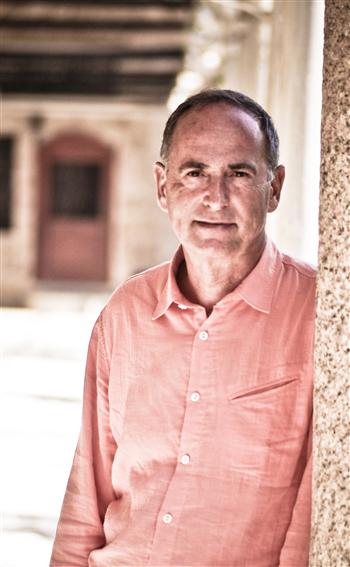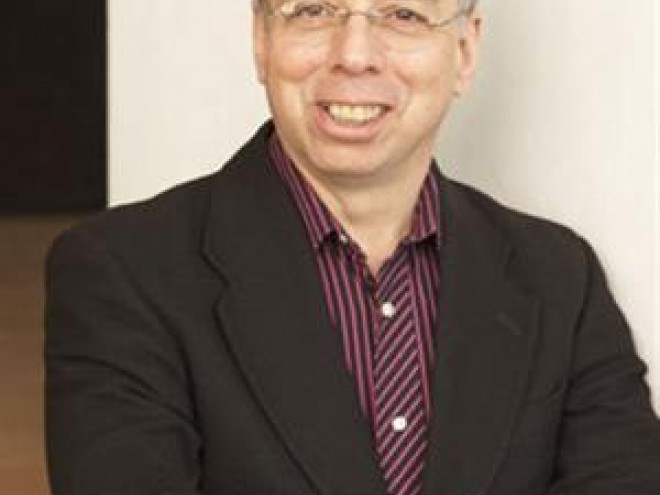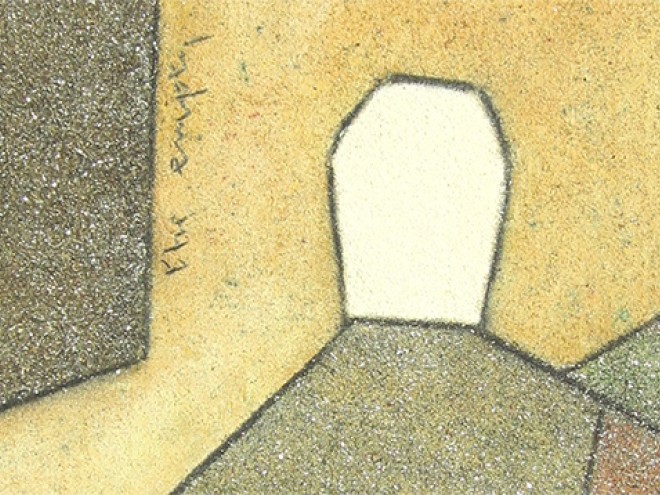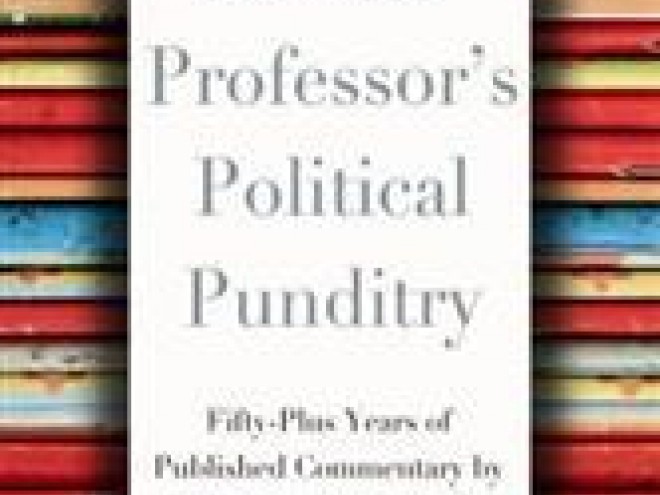Martin Fletcher is the author of four books, most recently Jacob’s Oath. A five-time Emmy-winning television news correspondent who has worked for decades as the NBC News Bureau Chief in Tel Aviv, he is currently a Special Correspondent for NBC News.
 Sarah Shewchuk: Martin, your first two books are works of non-fiction that examine contemporary events in your own life, namely your career as a television news correspondent in Breaking News and a walking trip that you took down the length of Israel’s coastline in Walking Israel: A Personal Search for the Soul of a Nation. In turn, your two most recent books, The List and Jacob’s Oath, are works of fiction that explore the Holocaust and its aftermath. Why did you choose to use fiction as the lens through which to examine the past?
Sarah Shewchuk: Martin, your first two books are works of non-fiction that examine contemporary events in your own life, namely your career as a television news correspondent in Breaking News and a walking trip that you took down the length of Israel’s coastline in Walking Israel: A Personal Search for the Soul of a Nation. In turn, your two most recent books, The List and Jacob’s Oath, are works of fiction that explore the Holocaust and its aftermath. Why did you choose to use fiction as the lens through which to examine the past?
Martin Fletcher: I did so much research for the two novels that I could probably have written them as non-fiction. But in these novels I wanted to reach something you can rarely tap into in non-fiction, namely, what was it like to be that person? To experience those dilemmas? To meet those challenges? I wanted to enter the hearts and minds of the characters, not just to tell their stories, which is what I do as a journalist. As a novelist I hoped to take the reader not only on the external journey, but the internal journey. It’s actually a very hard thing to do and I can only hope I managed it. When I started out I thought it would be easier: I can just make it up! But it doesn’t work that way, every nuance and development and action must have its own relentless logic or it won’t work, and that takes the writer into uncharted territory. Each character takes over his own story. I loved the process.
SS: How have your experiences as a television news correspondent impacted your choices as a writer?
MF: They have guided me toward wanting to be very truthful in my stories and characters. I want to create a sense of authenticity, not through period details but through the reality of the situations and the characters’ reactions. My work in all kinds of disaster zones has helped me to visualize terrible scenes from the past. For instance, witnessing the genocides in Rwanda and Cambodia helped me imagine the reactions of people in the Nazi Holocaust. And above all, it does make me like happy endings.



